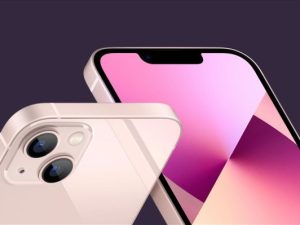The multipurpose functionality of smartphones, which can already act as medical devices and health assessment tools, is now set to extend into mental health evaluation. It’s only a matter of time before one’s iPhone is able to use its routine data collection processes to diagnose its user with mental health problems such as anxiety, depression, and cognitive decline.
Studies from Apple’s research collaborations with UCLA and biotechnology company Biogen are actively driving the development of specific algorithms that can interpret sensor-gathered user activity like sleep cycles and phone use to generate mental status tracking. Biogen’s study, which kicked off around two weeks ago, is taking data aggregated by the iPhones and Apple Watches of roughly 20,000 participants to uncover possible associations between those data points and cognitive function indicators. Researchers hope to unlock an effective brain function tracking vector and possibly develop a feature that could catch early hints of cognitive impairment diseases such as Alzheimer’s.
UCLA’s yet-to-be-launched side of the Apple team-up will gather 3,000 participants to analyze similar Apple device data like iPhone camera captures and keyboard/audio sensor inputs, in addition to Apple Watches’ vital sign, movement, and sleep tracking features, to see if the resulting data points correlate with certain mental health issues.























